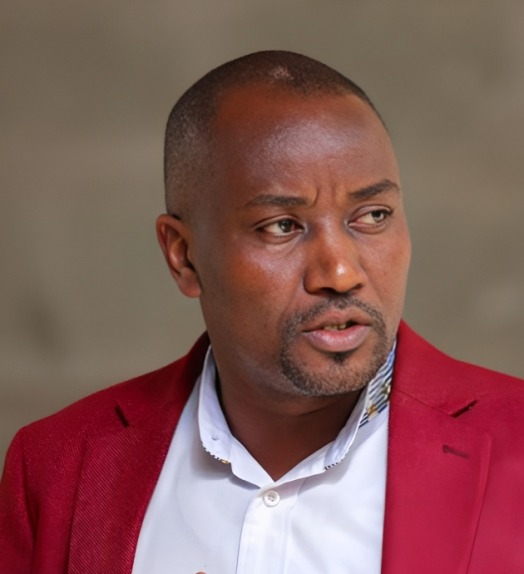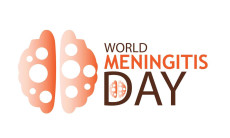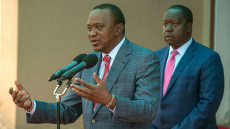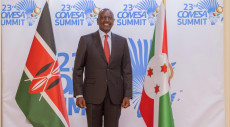- Dr Michael has mentioned that Kenya is filthy rich in terms of resources like vast fenced lands, rotting machinery, and abandoned furniture, which could be adequately utilized to generate earnings and, therefore, reduce dependency on taxation.
Following the proposed Finance Bill 2024, the regime of the day seems to have squeezed taxpayers dry, occasioning a new version of nationwide crescendos, ones planned by the people and not a politician.
The Standard Newspaper columnist Dr Michael Ndonye has denounced the Kenya Kwanza Government for its uninspired determination to identify innovative and creative ways of generating revenue other than through taxation.
These countrywide demos are offbeat compared to the tempo we are used to, as an entirely new generation (Gen Z) is at the forefront.
Dr Michael has mentioned that Kenya is filthy rich in terms of resources like vast fenced lands, rotting machinery, and abandoned furniture, which could be adequately utilized to generate earnings and, therefore, reduce dependency on taxation.
He has aligned his critique with Robert Kiyosaki’s book, ‘Rich Dad, Poor Dad’, saying that the narrative would classify the country as one which lacks financial literacy.
Read More
Parastatals are government-owned organizations that play a vital role in providing services like access to water, electricity, sanitation, and transportation to the population. They are run using taxpayers’ money and ought to generate income to ensure mutual sustainability.
The Kabarak University senior lecturer has also found fault with these Parastatals, describing them as burdensome to taxpayers. The financial ecology seems one-sided.
“For instance, the government owns less than 50 percent of Kenya Airways’s shares. Why does the Treasury pump billions into KQ as advance loans and old debt write-offs as if it were a Parastatals? KQ is an example of many public-private partnerships in which the government pumps taxpayer’s money unprocedurally,” he expounded.
The political analyst has additionally seen a dimming light on the country’s production in future should the trend continue, attributing his analysis to a difficulty in investment and an unfriendly relation with global investors, all born and bred of over-taxation.
He has urged the government to focus more on empowering people and ensuring the full utility of Parastatals to fill the growing gap before it reaches severe broads and deeps, saying, “But if the government empowers people to generate wealth, institutions such as insurance, banks, manufacturing, and the service industry will revive and sustain the economy.”





-1759480422-md.jpg)





-1759480422-sm.jpg)
